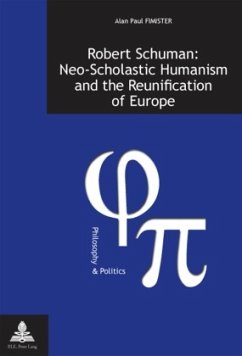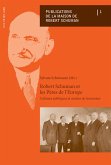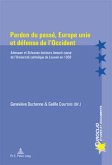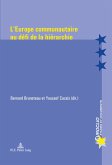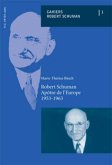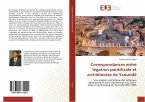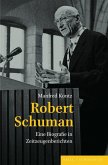On 9th May 1950 Robert Schuman (1886-1963) made the historic declaration that would form the foundation of the European Community. What is seldom appreciated is the remarkable degree to which Schuman's actions were the conscious implementation of the Neo-Thomistic project of Pope Leo XIII (1878-1903). Leo sought to employ the intellectual resources of St Thomas Aquinas to achieve «the restoration, both in rulers and peoples, of the principles of the Christian life in civil and domestic society». The resolution of the Church's difficulties with the French Republic and republicanism generally was a central goal of Leo's programme. In the half-century that followed a series of philosophers sought to envisage the concrete conditions under which Leo's vision could be realised. Foremost among them was Jacques Maritain (1882-1973).
Robert Schuman was a close student of Aquinas and committed to the reconciliation of the Church and the Republic. As French Foreign Minister he sought toact upon Maritain's belief that a European federation conceived under the banner of liberty would ultimately lead to the establishment of a new Christendom.
Robert Schuman was a close student of Aquinas and committed to the reconciliation of the Church and the Republic. As French Foreign Minister he sought toact upon Maritain's belief that a European federation conceived under the banner of liberty would ultimately lead to the establishment of a new Christendom.

